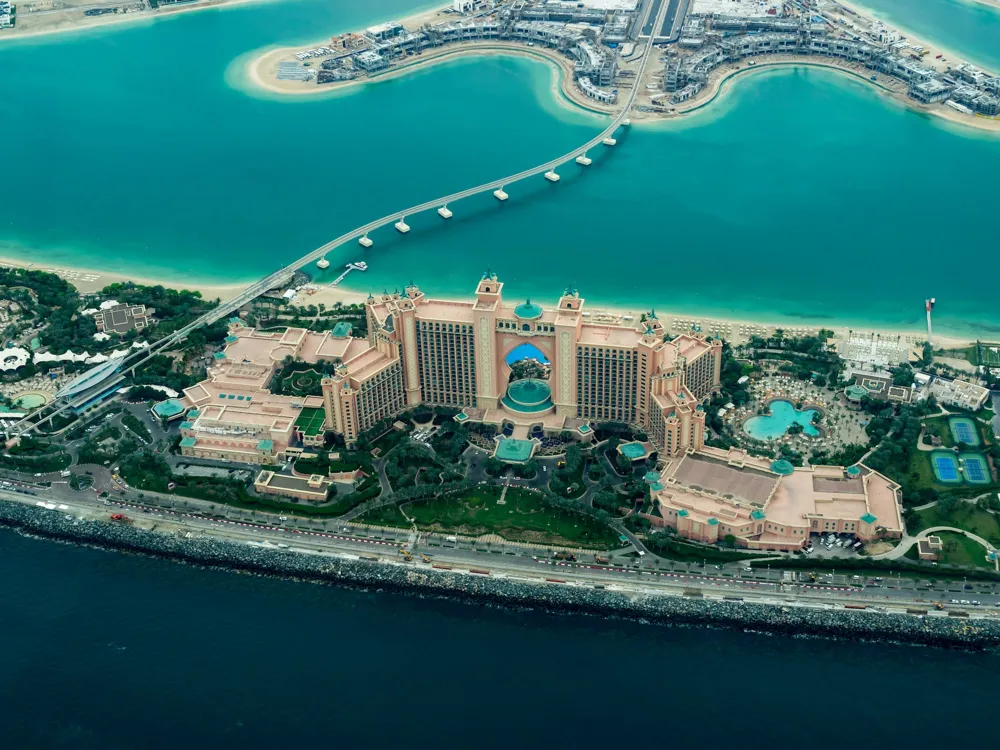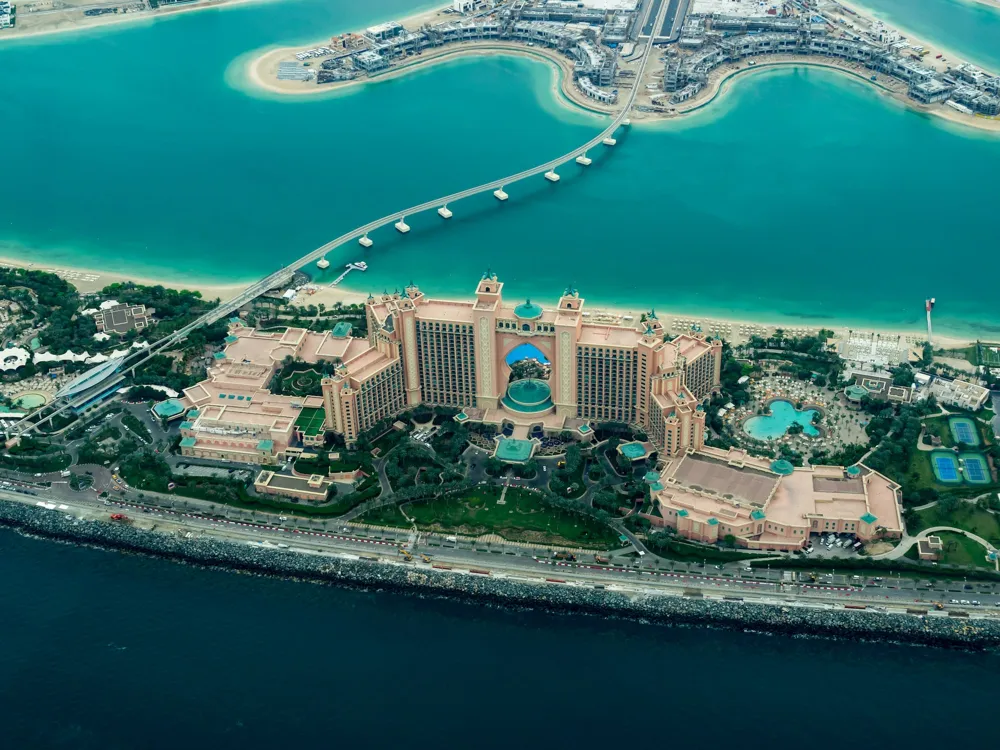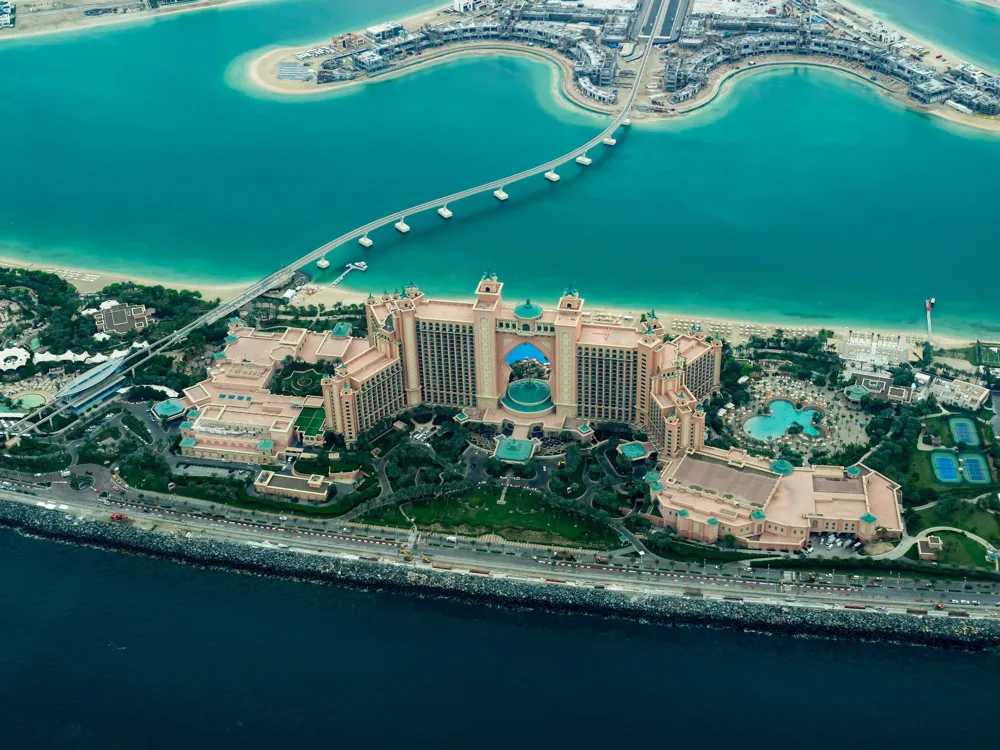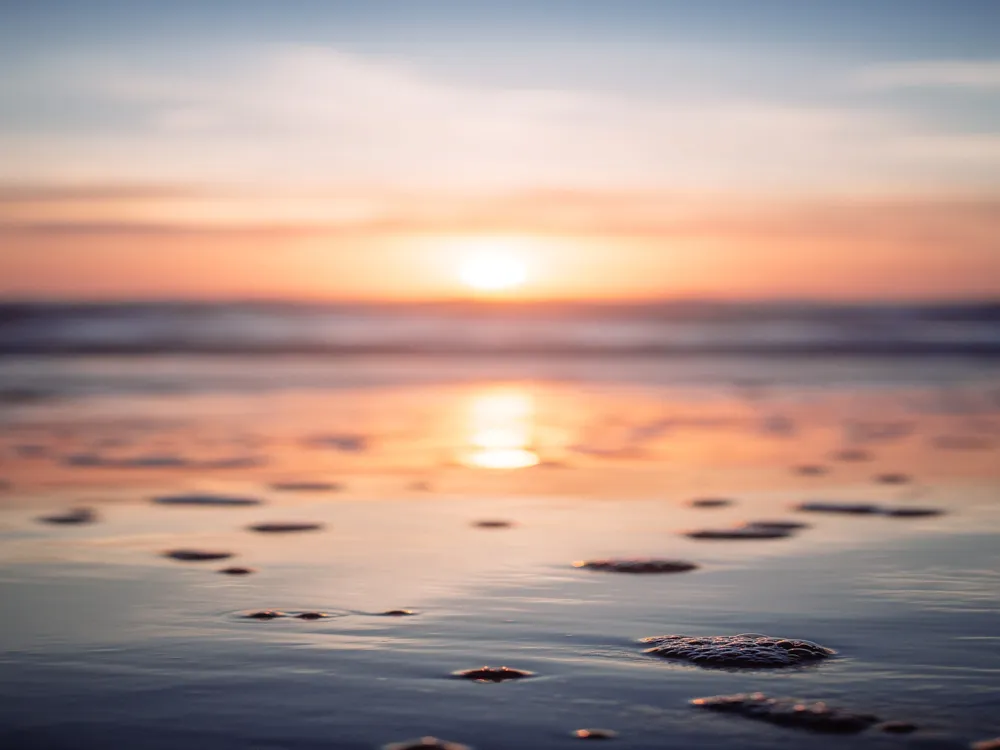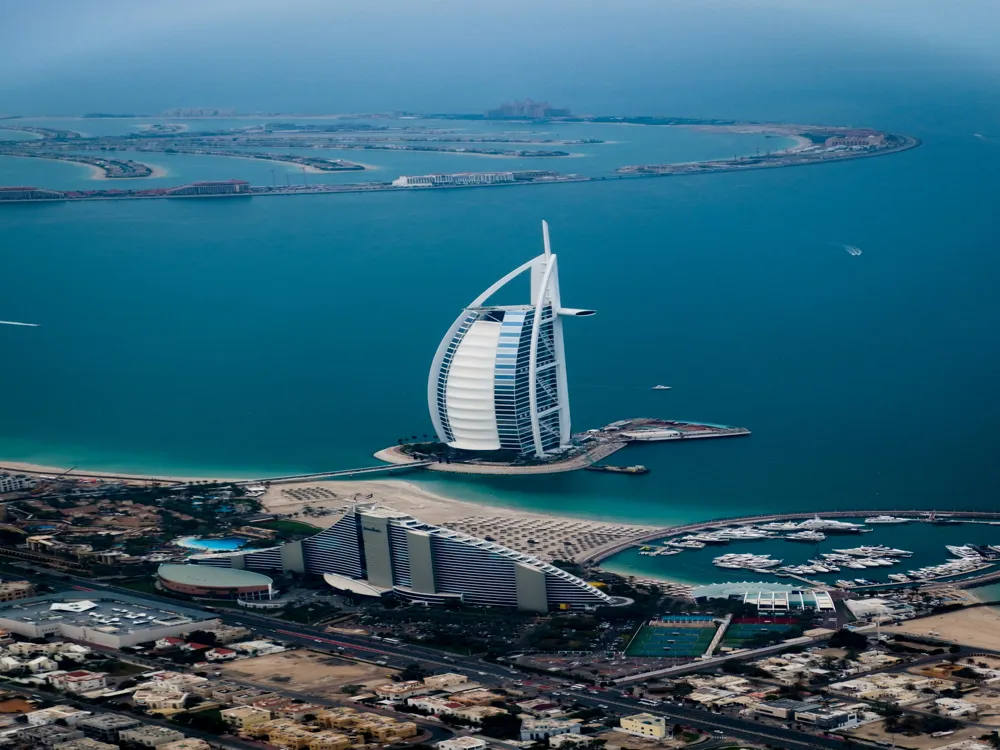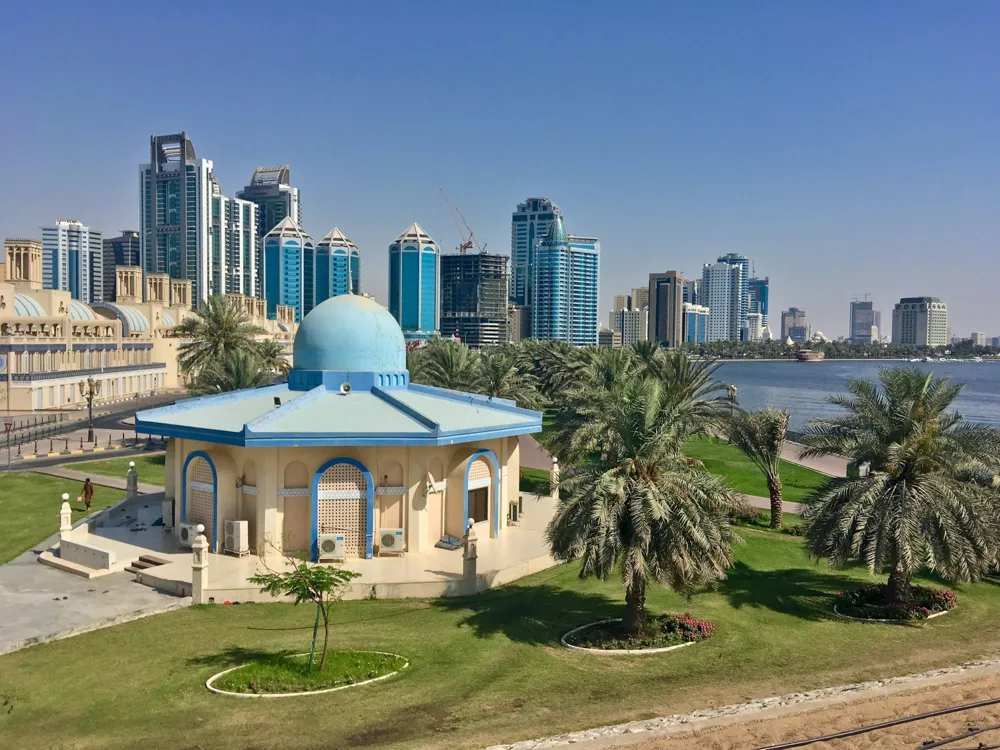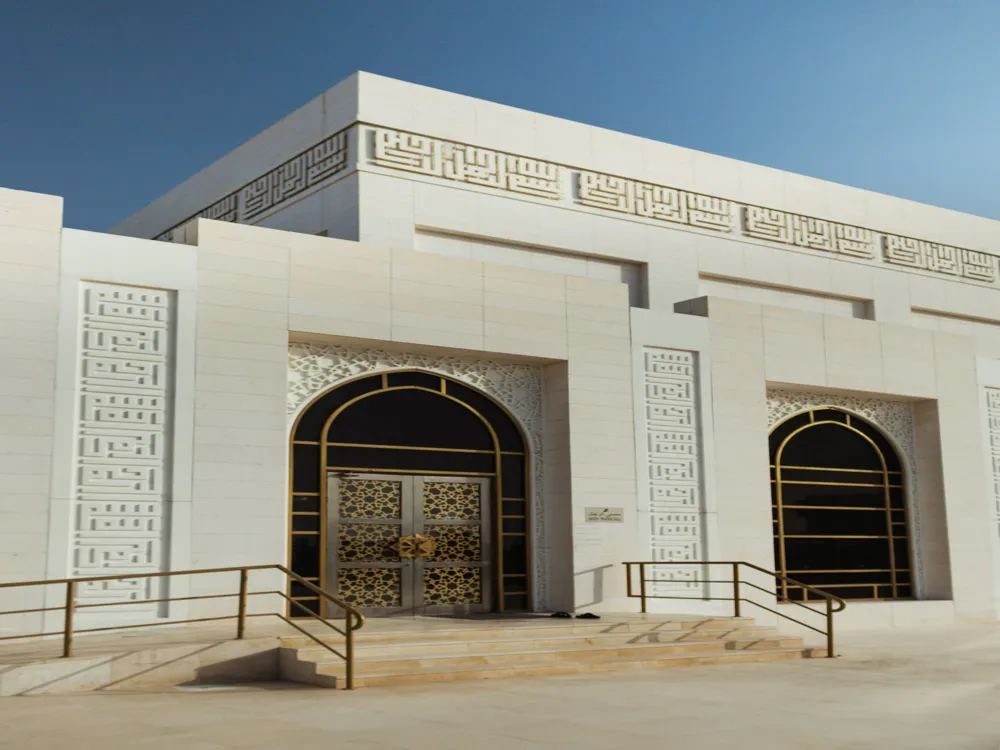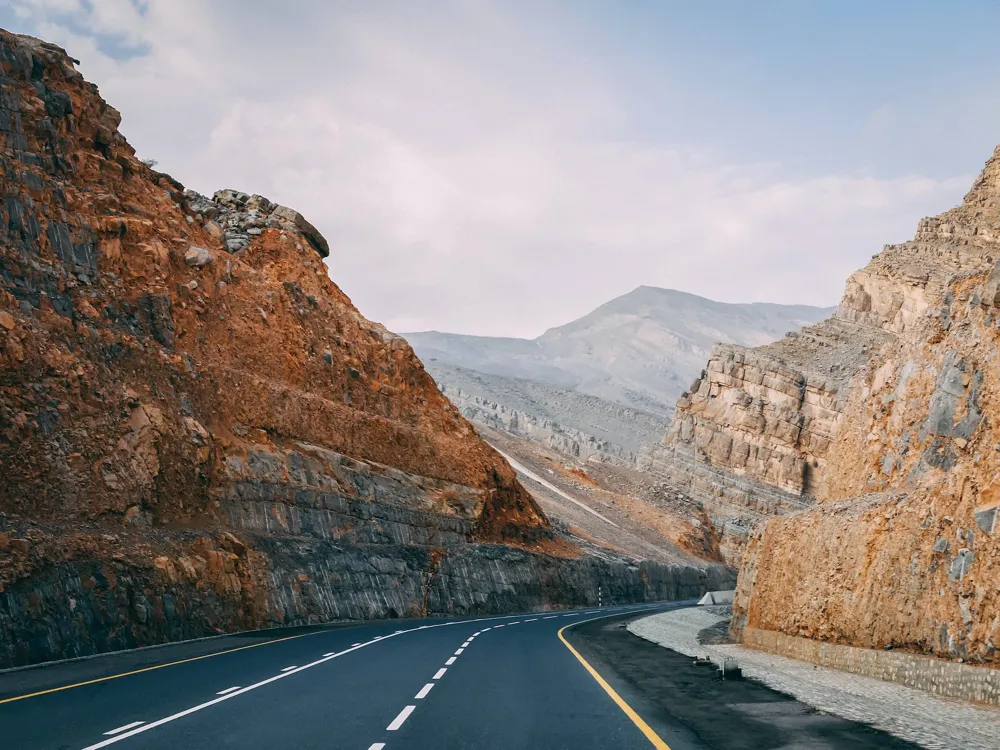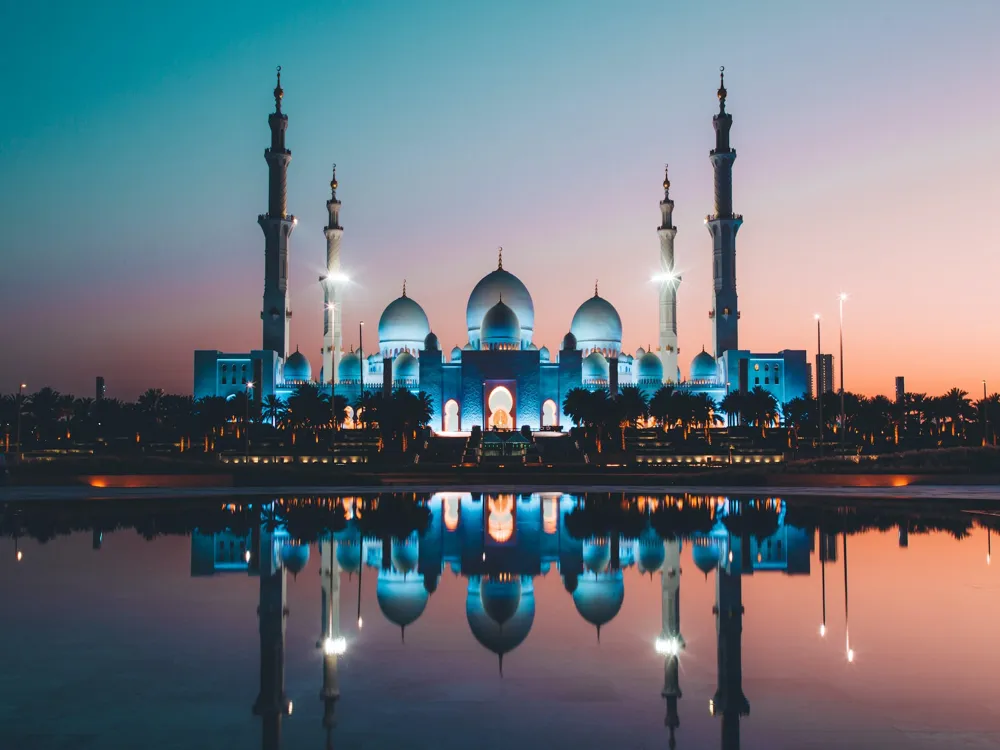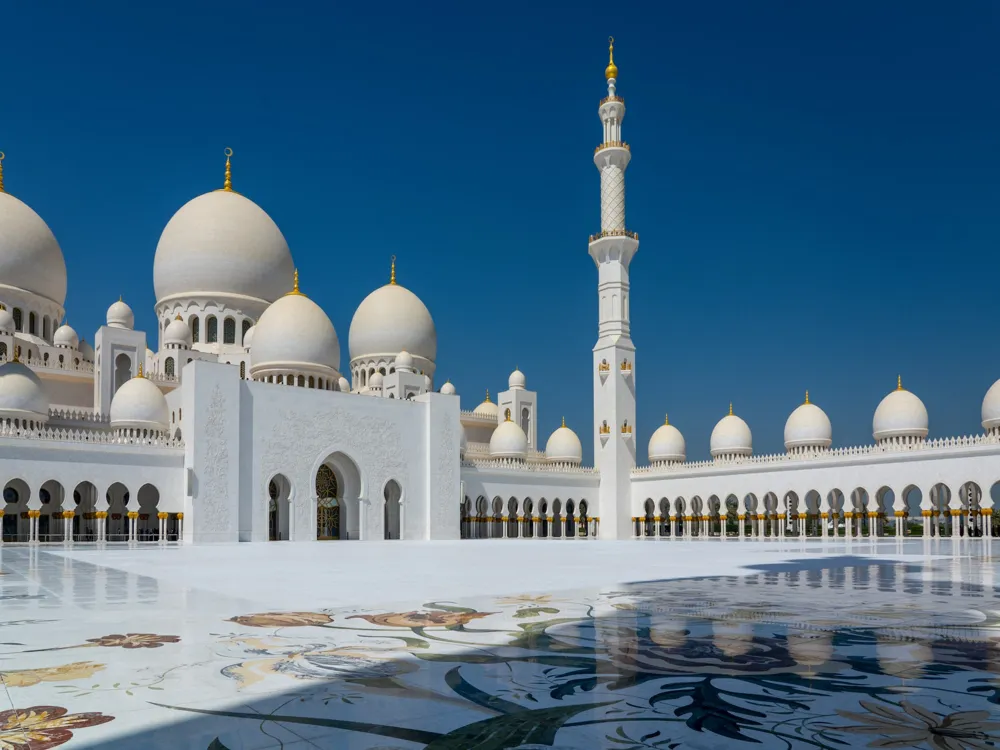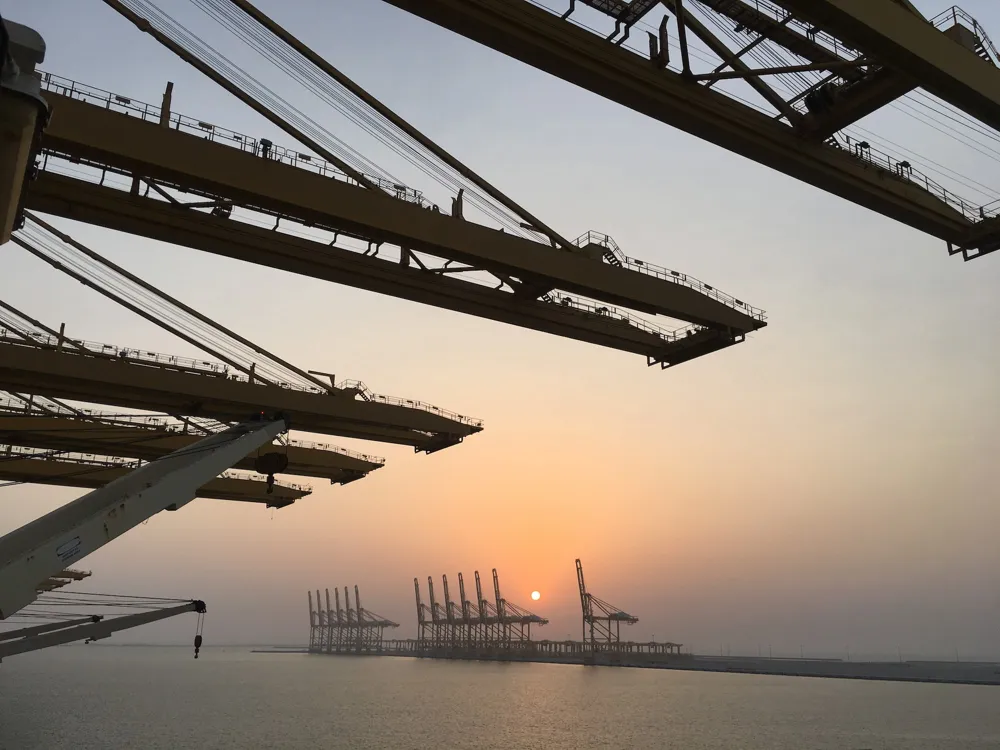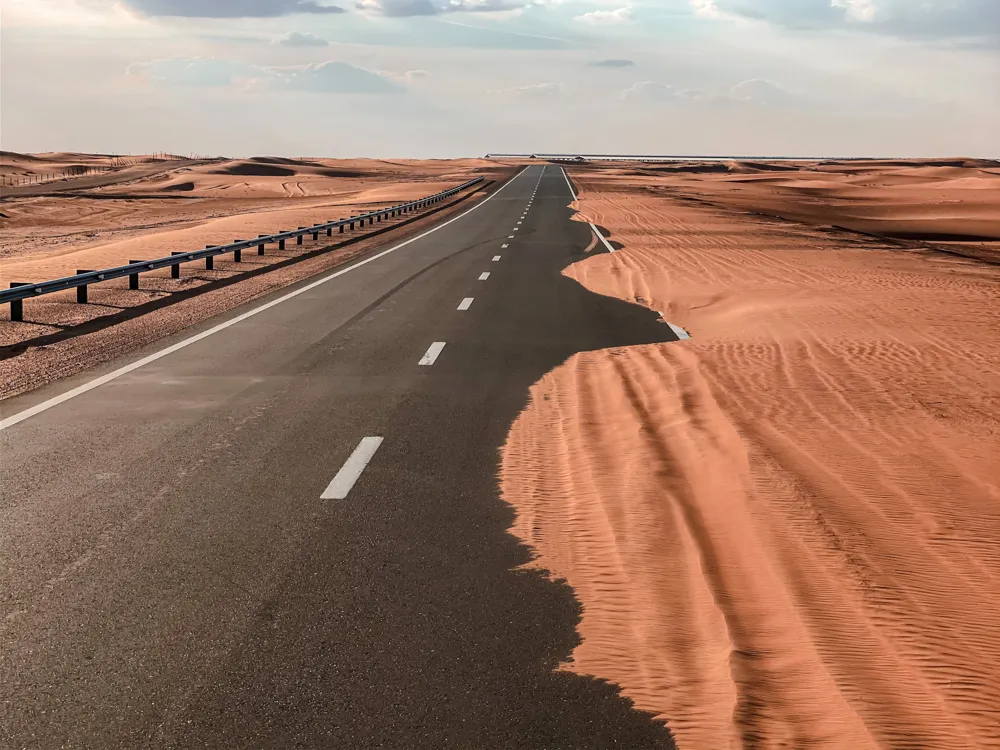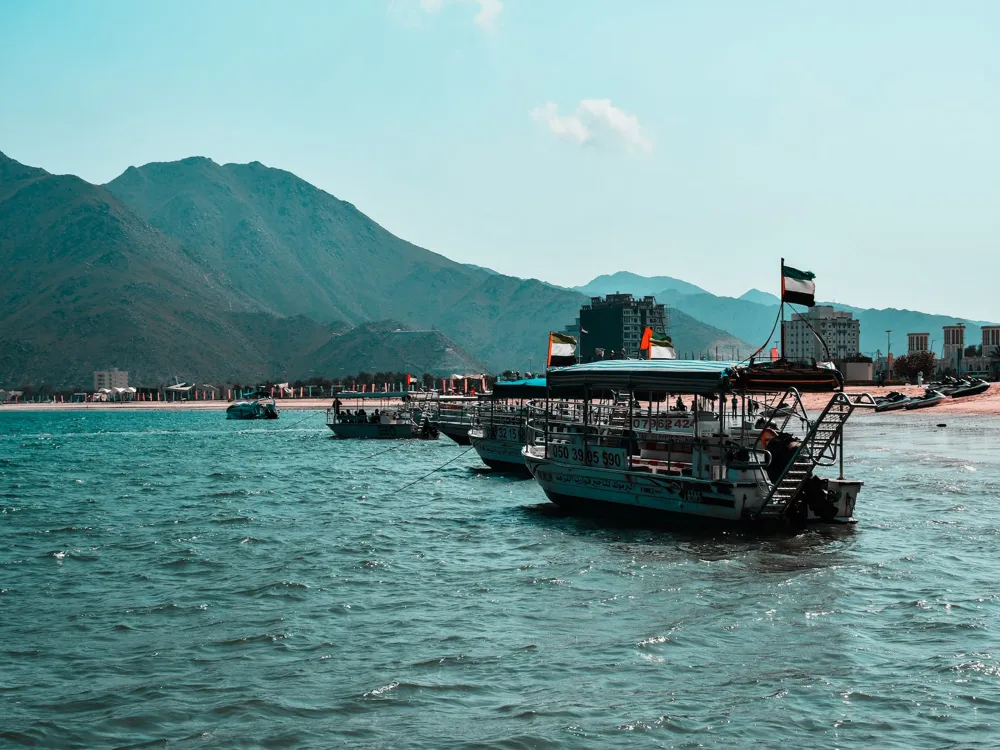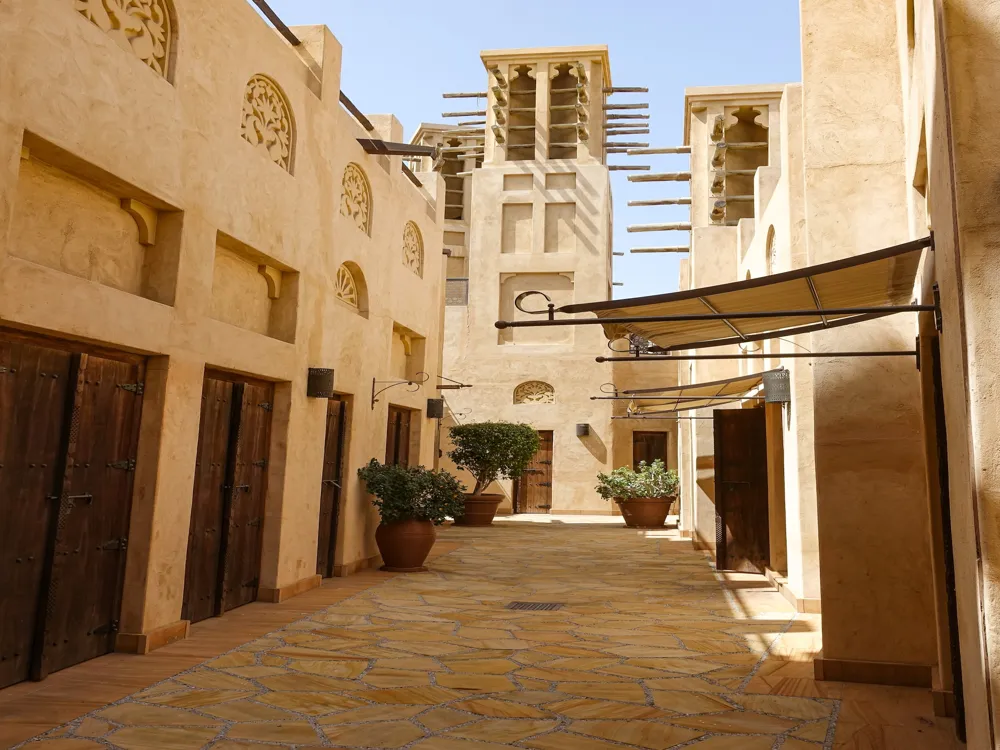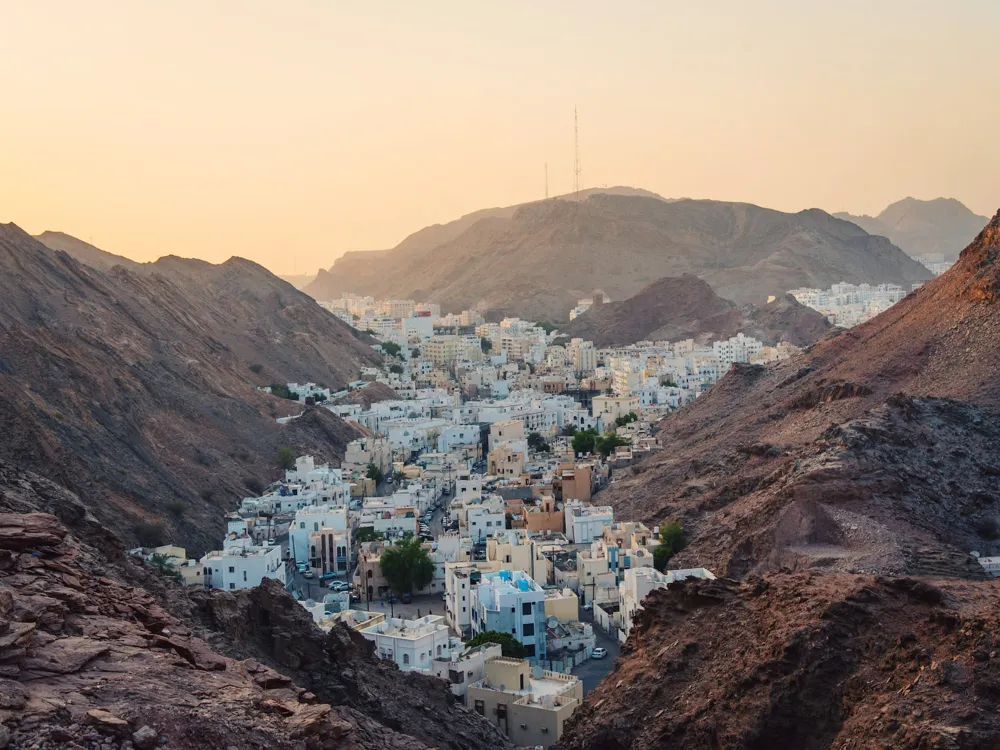Dubai, a gleaming gem in the United Arab Emirates, is a city of superlatives, known for its breathtaking skyline, luxury shopping, and vibrant nightlife. This bustling metropolis, nestled on the southeast coast of the Persian Gulf, is a melting pot of cultures, offering a unique blend of modernity and tradition. From the towering Burj Khalifa, the tallest building in the world, to the enchanting Dubai Creek, which divides the city into Deira and Bur Dubai, the city is a treasure trove of experiences. Historically, Dubai's economy was built on the oil industry, but today it thrives on tourism, aviation, real estate, and financial services. The city is famous for its ambitious projects, including the Palm Islands, the world's largest artificial islands, and the Dubai Mall, one of the largest shopping centers globally. Dubai's rich cultural heritage is reflected in its vibrant culinary scene, traditional souks, and annual cultural events like the Dubai Shopping Festival and the Dubai International Film Festival. One cannot talk about Dubai without mentioning its commitment to futuristic technology and architecture. The city's vision for the future is encapsulated in projects like the Museum of the Future and the planned Mars Science City. Dubai is not just a city; it's a testament to human ingenuity and a beacon of progress in the Middle East. Dubai's architecture is a spectacular display of contemporary design and engineering marvels. The city's skyline is a canvas of modernity, dominated by awe-inspiring skyscrapers and innovative structures. The Burj Khalifa, standing at a staggering 828 meters, is the jewel in Dubai's architectural crown. This iconic structure is not just a feat of engineering but also a symbol of Dubai's ambitious spirit. But Dubai's architectural wonders are not limited to towering skyscrapers. The city is home to a range of structures that blend traditional Islamic designs with cutting-edge technology. The Jumeirah Mosque, with its intricate artisanship, stands as a beautiful example of Islamic architecture. Similarly, the Madinat Jumeirah, a luxury resort styled as a traditional Arabian town, showcases the harmonious blend of the old and the new. The city's commitment to sustainable architecture is evident in projects like the Sustainable City, a zero-energy development, and the Dubai Frame, an architectural landmark that frames views of old and new Dubai. Dubai's architecture is not just about building tall structures; it's about creating a harmonious balance between the past, present, and future. Jumeirah, a coastal residential area of Dubai, is known for its luxurious lifestyle, pristine beaches, and upscale restaurants. This area is home to some of Dubai's most iconic landmarks, including the Burj Al Arab, one of the world's most luxurious hotels, and the Jumeirah Mosque, a masterpiece of Islamic architecture. Jumeirah Beach is a favorite among tourists and residents alike, offering white sandy beaches and crystal-clear waters. Jumeirah's real estate is among the most coveted in Dubai, characterized by lavish villas and elegant apartments. The area also boasts high-end shopping destinations like the Mercato Shopping Mall, inspired by Italian Renaissance architecture. Jumeirah's dining scene is as diverse as its population, offering a range of culinary experiences from around the world. This neighborhood perfectly encapsulates Dubai's luxury and charm, making it a must-visit destination for anyone traveling to the city. Dubai is a city rooted in Islamic traditions, and it's important for visitors to respect local customs. Dress conservatively, especially when visiting religious sites, and be mindful of public displays of affection, which are frowned upon. During the holy month of Ramadan, eating, drinking, and smoking in public during daylight hours is prohibited. The best time to visit Dubai is from November to March when the weather is cooler and more pleasant. This period also coincides with several festivals and events, making it an ideal time to experience Dubai's vibrant culture. Dubai's public transportation system, including the metro, buses, and taxis, is efficient and easy to use. However, renting a car can offer more flexibility for exploring the city and its surroundings. Remember that traffic can be heavy during peak hours. Dubai is a shopper's paradise, offering everything from luxury brands to traditional souks. Don't hesitate to bargain in the souks, as it's a part of the shopping culture. However, prices in malls and branded stores are fixed. To truly understand Dubai's culture, engage in local experiences. Visit a traditional souk, take a dhow cruise along Dubai Creek, or enjoy a desert safari. These experiences offer a glimpse into the city's rich heritage and traditions. Dubai is easily accessible from anywhere in the world, thanks to its world-class airport, the Dubai International Airport. The airport is a major hub for international travel, with flights connecting to over 260 destinations globally. For those traveling by sea, the Dubai Cruise Terminal is a popular point of entry. Additionally, Dubai is well-connected by road to the rest of the UAE and neighboring countries, offering another viable option for visitors.Overview of Dubai
Architecture of Dubai
Jumeirah, Dubai
Tips When Visiting Dubai
Understanding Local Customs and Traditions
Best Time to Visit
Navigating the City
Shopping and Bargaining
Cultural Experiences
How To Reach Dubai
The Lost Chambers Aquarium
Jumeirah
Dubai
₹ 17,999 onwards
View dubai Packages
Weather :
Tags : Aquarium
Timings : 10:00 AM to 10:00 PM, Daily
Time Required : 2-3 hours
Entry Fee : Adults: AED 130; Children (3 to 11 years): AED 70
Planning a Trip? Ask Your Question
Dubai Travel Packages
View All Packages For Dubai
Top Hotel Collections for Dubai

Private Pool

Luxury Hotels

5-Star Hotels

Pet Friendly
Top Hotels Near Dubai
Other Top Ranking Places In Dubai
View All Places To Visit In dubai
View dubai Packages
Weather :
Tags : Aquarium
Timings : 10:00 AM to 10:00 PM, Daily
Time Required : 2-3 hours
Entry Fee : Adults: AED 130; Children (3 to 11 years): AED 70
Planning a Trip? Ask Your Question
Dubai Travel Packages
View All Packages For Dubai
Top Hotel Collections for Dubai

Private Pool

Luxury Hotels

5-Star Hotels

Pet Friendly







